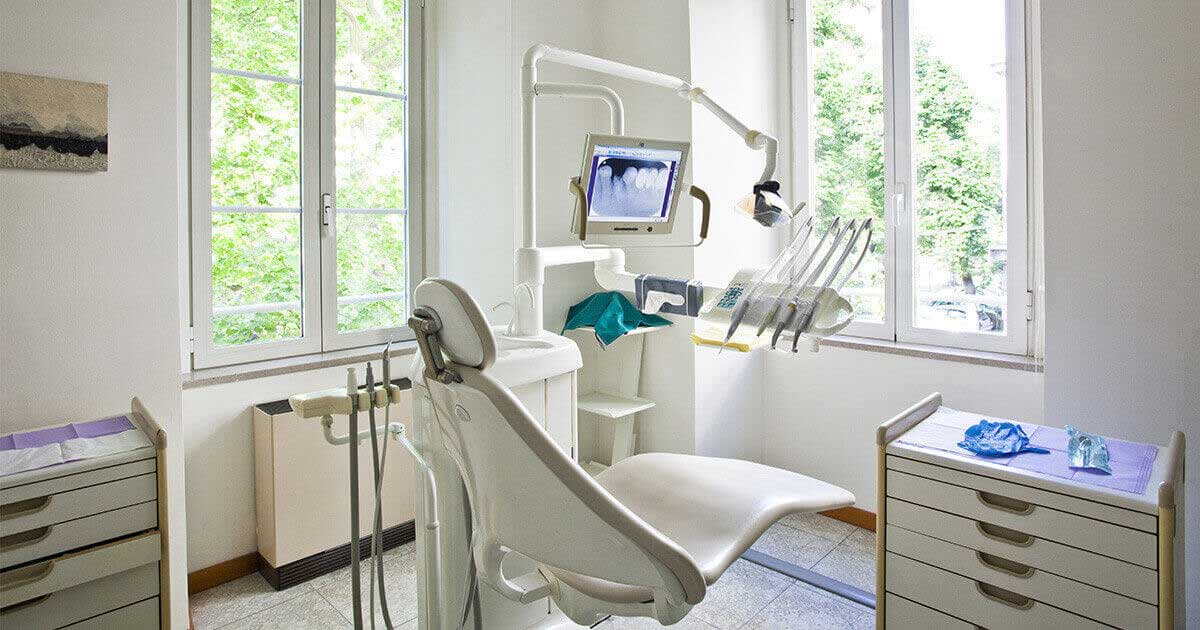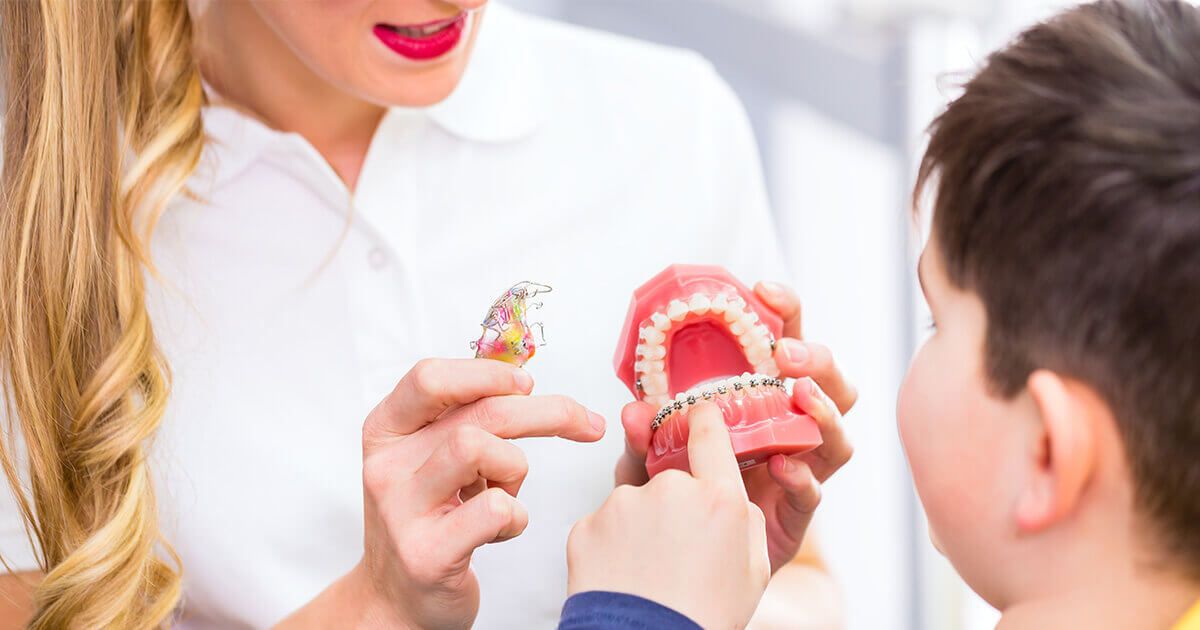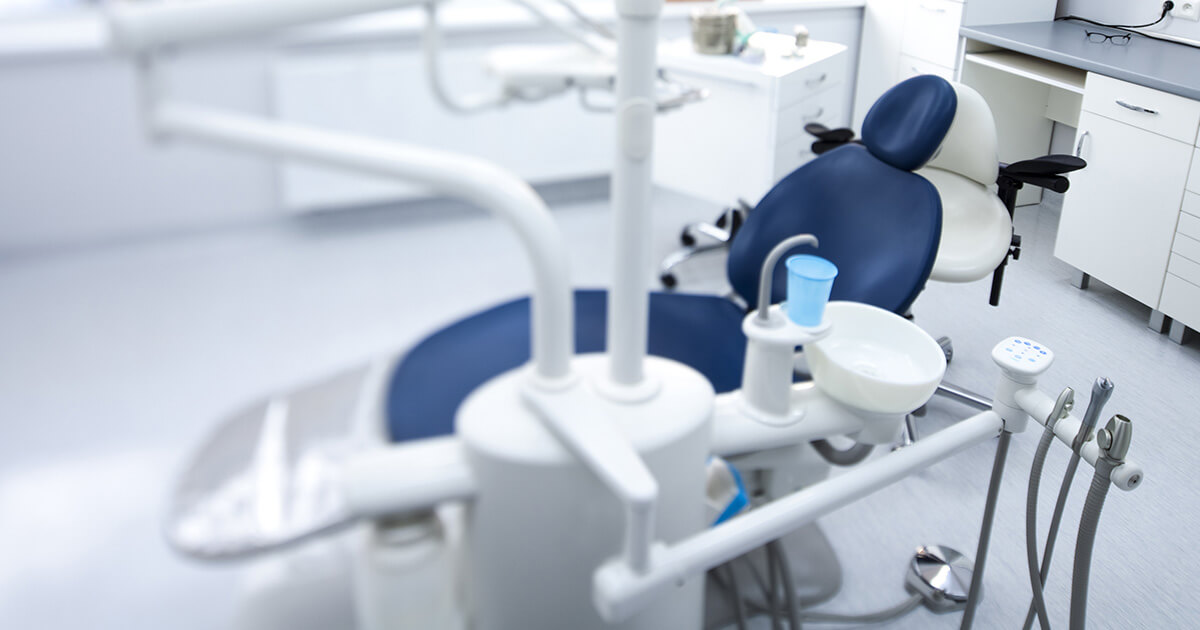Big City Lights vs Small City Bites: Why You Should Consider Practicing Rural Dentistry
I get it. You strive to be the envy of your dental peers. You want them to be jealous of you for having a swanky, luxurious office in a highly populated, maybe affluent part of a major metro. The thought of being looked up to by your contemporaries makes you feel secure, self-assured, and respected.
But what if I told you that trading in those gold paved city streets for open skies, and those crowded subways for community parades, could be the best move for your dental career and pocket book?
Roll your eyes if you must, but before you dismiss the idea of setting up shop in a smaller community, let’s sink our teeth into some hard-to-ignore benefits of practicing dentistry in a small city.
While many dentists may gravitate toward urban centers, it’s important to recognize the unique advantages and opportunities that come with practicing in smaller communities. In this blog post, we will delve into the benefits of practicing dentistry in small cities and rural areas, highlighting why owning a dental practice in these hidden gems can be truly rewarding.
Benefits of Rural Dentistry
1. Cost-Effective Start-up and Operational Costs
In bustling cities or high-end suburbs, the overhead expenses related to setting up and running a dental practice can be ridiculously high. However, rural dentistry often offers cost-effective solutions.
a. Lower Real Estate Costs
Urban areas often come with steep real estate costs. In comparison, secondary or tertiary communities provide more affordable options for both buying and renting spaces. Not only does this lead to lower monthly overhead (a lot more money in your pocket), it also means you can get more square footage for your investment, allowing for potential expansion or diversification of services without the need for relocation.
b. Reduced Competition for Resources
Labor markets in smaller communities can be less competitive. This can translate to competitive salary offers for staff and more dedicated team members. Additionally, equipment and supplies may be procured at competitive prices due to fewer dental practices bidding for the same resources.
2. Lower Competition in Small Cities and Rural Areas
Being a big fish in a small pond has a ton of perks. Small city and rural dentistry tend to have lower competition. You’d be surprised how many times I speak to a dentist who wants to be in the heart of the most competitive markets, already saturated with dentists and a population of less than 900 people for every one dentist.
a. Unique Selling Proposition (USP)
The chance of your practice offering something distinctive increases dramatically in a smaller community. Specialized dental services, cutting-edge technology, or even the mere presence of a new dental practice can be the talk of the town.
b. Patient Loyalty
With fewer choices available, patients are more likely to continue visiting a dental practice they’re familiar with. This can result in a loyal patient base that grows generationally, with families continuing their patronage over the years.
3. Rural Dentistry Offers a Tight-Knit Community Atmosphere
A smaller population allows for closer bonds with patients, staff, and the community. In close-knit communities, patients often become more than just names on a schedule. They become friends, neighbors, and part of an extended dental family. This personal connection fosters trust, loyalty, and long-term patient relationships.
a. Word-of-Mouth Referrals
In rural dentistry areas, personal recommendations carry significant weight. A single positive patient experience can lead to numerous referrals, exponentially growing your patient base.
b. Community Integration
Becoming an active member of the community, whether through sponsorships, participation in local events, or collaborations with other businesses, can foster goodwill and trust among potential patients.
4. Potential for a Better Work-Life Balance
Life working in less populated areas can offer unforeseen benefits when comparing rural dentistry vs. urban dentistry. Small cities and rural areas offer a unique lifestyle that promotes work-life balance and overall well-being. The pace of life is often slower compared to the fast-paced urban environment.
a. Lower Stress Environment
Without the constant pressure of standing out among numerous competitors, dental professionals can focus on patient care rather than aggressive marketing strategies.
b. Recreation and Lifestyle
Secondary or tertiary areas might be closer to nature or offer unique local attractions. This can mean weekends spent exploring scenic trails, joining local clubs, or immersing oneself in community events.
Many dentists I know who work in these smaller towns but live closer to a major metro utilize their commute time to follow up with patients after treatment. Taking 20-30 minutes to call your patients on your way home is a fantastic way to demonstrate that you sincerely care about their oral health and overall well-being, fostering even greater loyalty and trust.
5. Potential Financial Incentives
Owning a dental practice in a small city or rural area can offer a number of financial perks, such as reduced marketing expenses and lower overhead costs, leading to increased profitability and potential for higher income.
Higher Profit Margins
Even if the initial patient volume is lower, which is often NOT the case, the reduced operational costs can result in commendable profit margins, ensuring the sustainability and growth of the practice and fattening up your pocketbook.

6. Rural Dentistry Offers Growth Opportunities
Small beginnings can lead to substantial growth. Rural dentistry can present unique opportunities for dentists seeking career advancement.
a. Underserved Markets
Recognizing gaps in the dental care market of a community and addressing them can lead to rapid growth. Specialized services or even general dental care might be in high demand due to limited providers.
b. Real Estate Appreciation
Investing in real estate in these communities can also be a strategic move. As urban sprawl takes shape and the community grows and develops, property values may increase, resulting in a highly valuable asset for the practice owner.
7. Personalized Patient Care in Smaller Communities
Establishing a rural dental practice can allow for more personalized care, fostering a unique trust and understanding with patients.
a. Better Patient Relationships
Operating in a less rushed environment means you have the luxury to extend your consultation hours. This doesn’t just aid in accurate diagnosis and treatment but also helps build a personal rapport with patients. Over time, you’re not just their dentist, but someone they trust and confide in about related health concerns.
b. Holistic Care Approach
Deeper patient relationships lead to an understanding that goes beyond dental issues. For instance, knowing a patient’s family, occupation, and lifestyle allows for a holistic approach. This might mean understanding dietary habits contributing to oral issues, occupational hazards, or even familial genetic trends.
8. Reduced Marketing Expenses
The natural visibility in smaller towns can lead to cost-effective marketing strategies. One of the often-overlooked benefits of rural dentistry is the potential for reduced marketing expenses.
a. Community Visibility
By virtue of being one of the few dental practices in town, you automatically become more visible. This organic visibility reduces the need for constant marketing pushes, which can be a substantial investment in major markets.
b. Local Media Advantage
Local media outlets are always in search of local stories or dental professionals to feature. Being in a smaller community could lead to interviews, guest articles, or features that boost your credibility without the hefty price tag associated with big-city advertising.
9. Easier Practice Management
Smaller practices in less populated areas can simplify the operational aspects of your business, such as easier practice management, less administrative burden, and streamlined operations, enabling dentists to focus more on patient care and professional development.
a. Streamlined Operations
Fewer staff and a more tight-knit patient community can lead to day-to-day operations that run more smoothly. From managing appointments to handling financial aspects, things can be more direct and transparent.
b. Flexible Scheduling
In high-competition areas, practices often extend hours to cater to working professionals. In smaller towns, there might be flexibility to create a schedule that’s more in line with the community’s routine, ensuring work-life balance. 
c. Sense of Community
Regular interactions at local events, schools, or even grocery stores foster a deep sense of belonging. This connectedness can lead to mutual respect and an invaluable support system, both personally and professionally.
11. Potential for Multidisciplinary Practice
With fewer dental professionals in the vicinity, there’s room to diversify your offerings. Dentists in rural areas have the chance to expand their scope of services and establish multidisciplinary practices, offering comprehensive and convenient healthcare solutions to patients.
One-Stop Solution
In the absence of specialized dental services, you can undertake additional training and certifications to offer services like orthodontics, periodontics, or even cosmetic dentistry. This can attract a wider patient base looking for comprehensive care.
12. Opportunities for Real Estate Investments
Affordable dental practice real estate in secondary or tertiary communities can be a goldmine for practitioners. Lower property prices in small cities and rural areas present dentists with opportunities for real estate investments.
a. Residential Investments
Beyond purchasing a property for your practice, there’s often an opportunity to secure a comfortable home at a fraction of big-city prices. This not only provides an awesome living environment but can be a valuable asset in the long run.
b. Commercial Ventures
As your dental practice grows and gains stability, there might be opportunities to diversify into related ventures. This could be starting a dental lab, a pharmacy, or even investing in other local businesses, further integrating you into the community’s economy.
13. Lower Cost of Living in Rural Areas
Smaller communities often offer a more affordable lifestyle without compromising on quality. This enables dentists to enjoy a higher quality of life and allocate more resources toward practice growth, professional development, or personal savings.
Daily Expenses
Whether it’s groceries, dining out, entertainment, or utilities, the costs are often significantly lower in smaller towns. This means that, despite possibly earning a similar income as you would in a city, your purchasing power might be considerably higher.
Why You Should Consider Rural Dentistry if You’re Thinking About Owning a Dental Practice
While city lights and busy nights might be thrilling for a weekend escapade or for having bragging rights among your peers, the quiet allure of secondary and tertiary communities offers more than just peace – it presents a goldmine for savvy dental entrepreneurs with a keen eye. It’s not just about lower costs and easier management, but crafting a legacy, becoming a cornerstone in a community. Take a closer look at the benefits that small and rural dentistry have to offer.
So, before you get lured by the glossy magazine portrayal of urban or affluent suburban dental practices, remember: in a smaller pond, not only can you be a bigger fish, but you get to know every other fish personally… and you’ll be laughing all the way to the bank while your contemporaries are stressing out over disloyal staff and the constant need for generating new patients to stay afloat.
About the Author:
Adam has a background in commercial real estate, dental practice management, digital marketing, website development, and SEO. He is bringing more than 15 years of experience to the PMA Practice Transitions team. In addition to assisting dental owners sell their practices, he also was a business and operation manager for a group of dental offices in the Indianapolis area and the founder of a website development and online marketing consulting company. A graduate of Indiana University, Adam obtained a bachelor’s degree in telecommunications and business.



